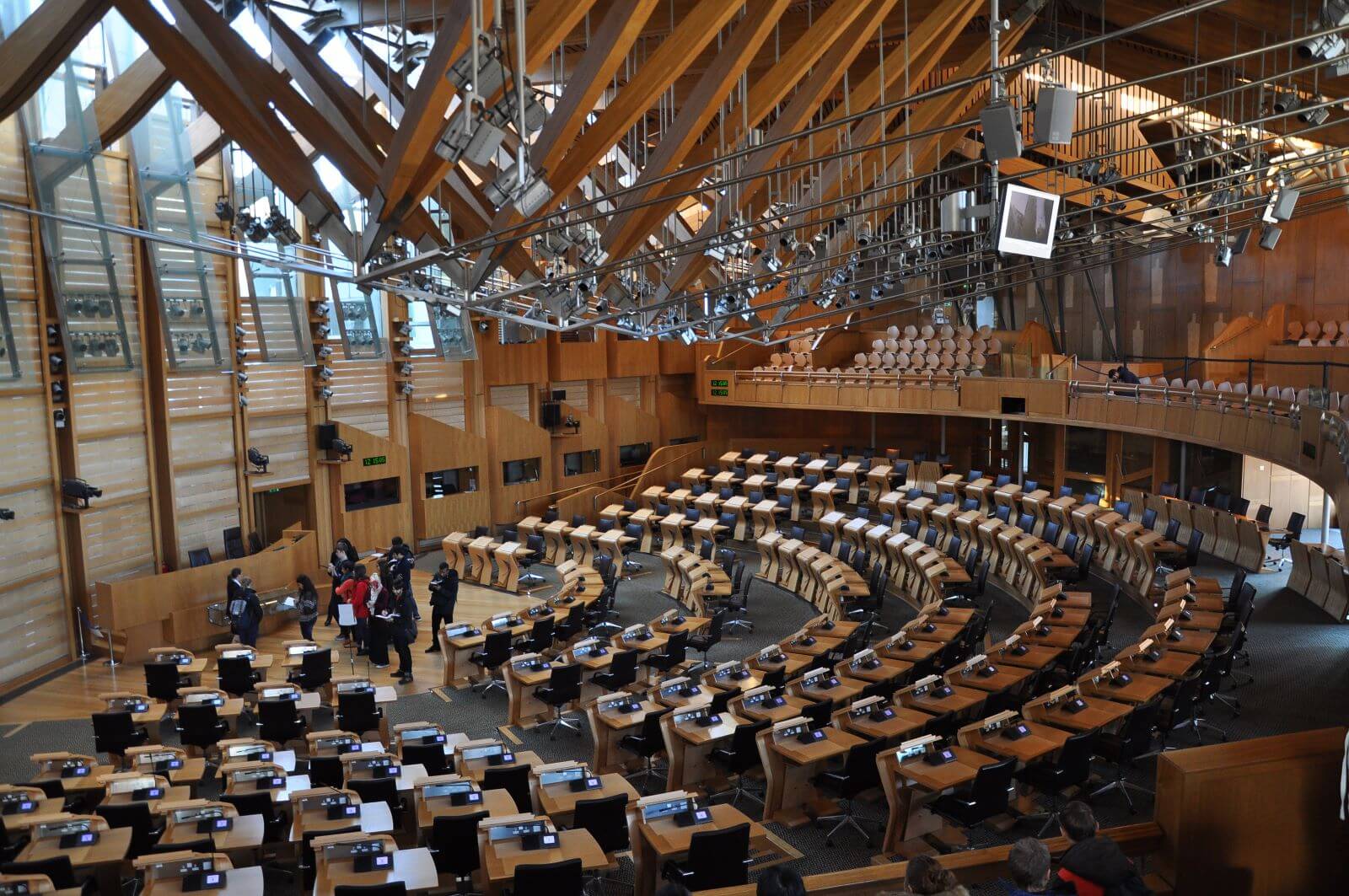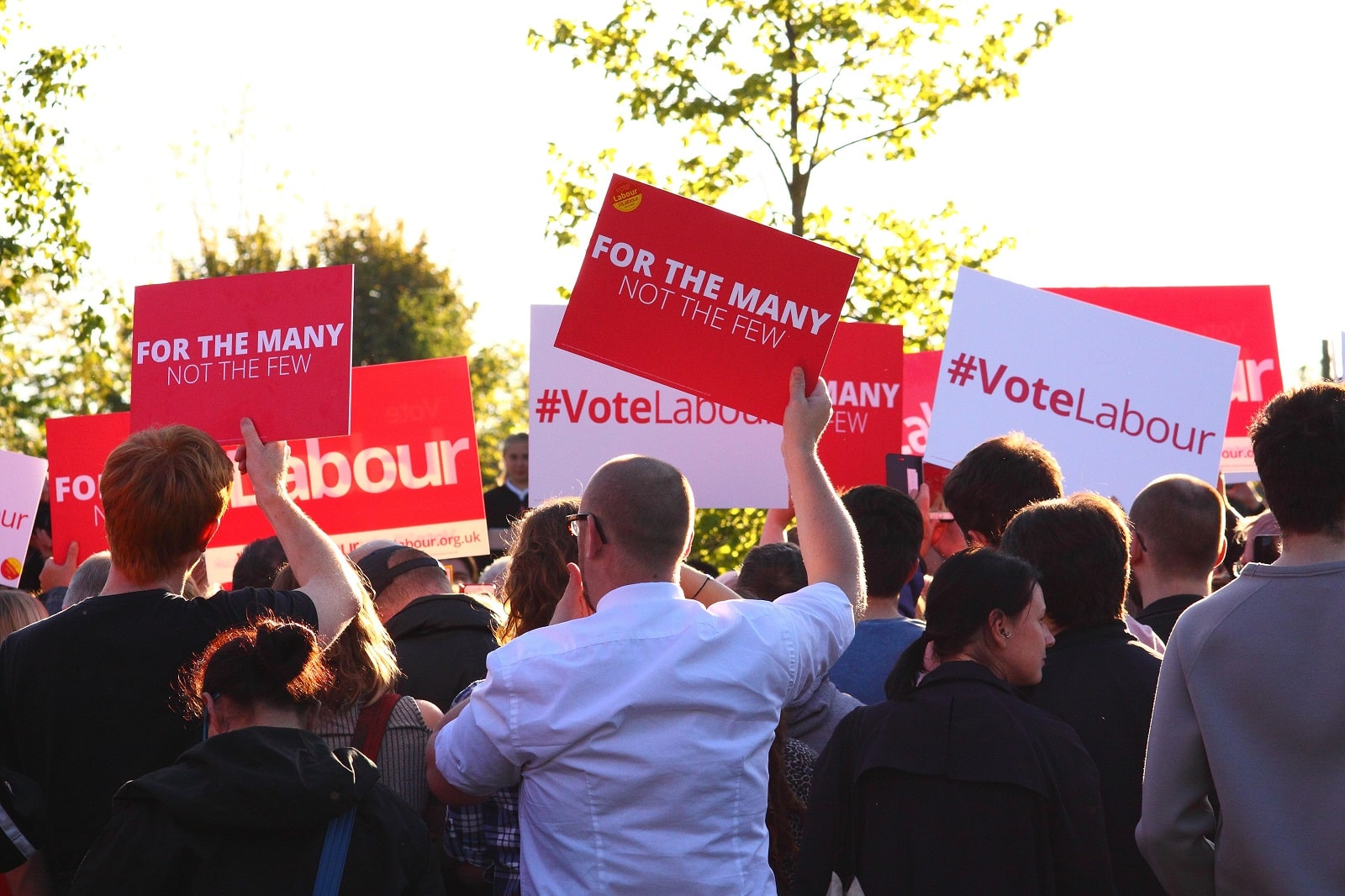In a historic turn of events, steelworkers in Wales have launched an unprecedented strike that could change the landscape of the UK’s industrial future. Here’s the full story.
“All-Out Indefinite Strike”

In a move not seen in the UK for over 40 years, Tata Steel workers have embarked on an “all-out indefinite strike” starting July 8.
Job Cuts Drive Strike

This strike was driven by the company’s controversial plans to cut 2,800 jobs, including the closure of the blast furnaces at the Port Talbot plant in South Wales, which would have significant ramifications for the towns of Port Talbot and Llanwern in Newport.
“Future of Communities”

The workers’ union, Unite, spearheaded the strike, with general secretary Sharon Graham stating, “Tata’s workers are not just fighting for their jobs – they are fighting for the future of their communities and the future of steel in Wales.”
Defending Local Jobs

She added, “Our members will not stand by while this immensely wealthy conglomerate tries to throw Port Talbot and Llanwern on the scrap heap so it can boost its operations abroad.”
Greener Production Plans

The closure is part of a broader strategy to transition towards greener steel production methods. Tata plans to invest £1.25 billion in building an electric arc furnace, which is less polluting but requires fewer employees.
Global Trends Impact

This shift aligns with global trends towards sustainable industrial practices, but it also threatens the livelihoods of thousands of workers and the economic stability of their communities.
Unite Leads Resistance

Unite, the union representing most Tata Steel workers, has been at the forefront of the resistance against these job cuts.
“Strikes Will Go On”

Graham stated, “The strikes will go on until Tata halts its disastrous plans. Unite is backing Tata’s workers to the hilt in their historic battle to save the Welsh steel industry and give it the bright future it deserves.”
Overtime Ban Prelude

Before the strike, Unite members had already engaged in measures short of a full walkout, such as an overtime ban and a “work to rule” policy, where they refused to perform duties beyond their contractual obligations.
Escalation to Full Strike

These actions aimed to signal their discontent and to pressure the company to reconsider its plans. However, the lack of a favourable response from Tata Steel led to the total strike, demonstrating the union’s resolve to escalate their protest and protect workers’ jobs.
Tata’s Financial Defense

Tata Steel defended its decision by pointing to the company’s financial challenges, alleging it was taking on unsustainable losses of £1 million a day at the Port Talbot site, though Unite has disputed this.
Profits Disputed

According to Unite, “In 2021/2022 Tata Steel’s subsidiary, Tata Steel UK reported an EBITDA (Earnings, Before Interest, Taxes, Depreciation and Amortisation) of £193 million and post-tax profits of £208 million (due to a large tax subsidy).”
“Most Favourable Package”

Rajesh Nair, the chief executive of Tata Steel, stated that the company had offered the “most favourable financial package” in its history to the affected workers.
Conditional Offer Threat

However, the carrot came with a stick, as Nair also threatened that this offer would be withdrawn if the strike proceeded.
Nair’s Conditional Offer

Nair stated, “These significantly enhanced employee support arrangements are conditional upon there being no industrial action in the business.”
Wider Implications

The industrial action by Tata Steel workers is not just a local or company-specific issue; it carries significant implications for the UK’s industrial landscape. Should the plant close down, the UK would be left with only one remaining steel plant in Scunthorpe.
Community Impact Debate

The social costs of the closure, including job losses and community impact, have sparked widespread debate, with unions advocating for a more balanced approach that safeguards workers’ interests while pursuing environmental goals.
Government’s Role

The UK government has also been implicated in this dispute, as it has pledged £500 million towards Tata Steel’s transition project. This financial support underscores the government’s commitment to modernising the steel industry and highlights the political sensitivity of job losses in a vital sector.
Possible Government Intervention

Unions have indicated they expect future government intervention, especially if the Labour Party wins the upcoming general election.
Labour’s Promise

Alun Davies from the Community union, representing most of the affected workers, stated, “If the Labour Party wins the general election, it has said that it will hold emergency talks with Tata. We welcome this and now feel it is important to wait for the completion of that process before initiating any significant course of action.”
Tata’s Disappointment

A Tata spokesperson stated, “We are extremely disappointed by Unite’s unilateral decision to call strike action.”
Historic Moment

The indefinite strike by Tata Steel workers is a historic moment for the UK steel industry and the communities dependent on it. The outcome of these industrial actions could set a precedent for how similar cases are managed in the future and highlight the need to balance economic and social considerations alongside environmental ones.
Future Uncertain

While the strike poses immediate challenges for Tata Steel’s operations, it remains to be seen if this historic strike action will force the company to heed workers’ demands before or after the election.
Russia Retreats as Western Allies Greenlight Ukraine’s Offensive

Recent Russian territorial gains in Ukraine could be reversed following a dramatic policy change from the US and Germany. The announcement could see a substantial tactical shift from both sides in the coming months. Russia Retreats as Western Allies Greenlight Ukraine’s Offensive
21 Lies You’ve Been Told About the British Royal Family

Ever thought you had the British Royal Family all figured out? Think again! From their powers and privileges to their personal lives, there are plenty of misconceptions floating around. Let’s dive into the myths and uncover the truths that might just surprise you. 21 Lies You’ve Been Told About the British Royal Family
18 Nations Tired of British Tourists

British tourists are known for their high spirits and adventurous nature, but not all countries appreciate their presence. Here’s a candid look at 18 countries where British tourists might not be as welcome as they think. 18 Nations Tired of British Tourists
The post Tata Steel in Crisis: Industrial Action Looms Over Massive Job Cuts first appeared on Swift Feed.
Featured Image Credit: Shutterstock / Leighton Collins.

